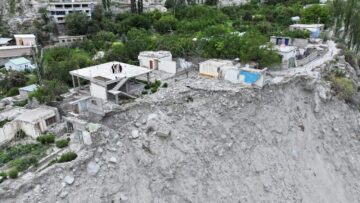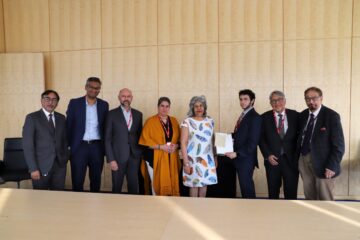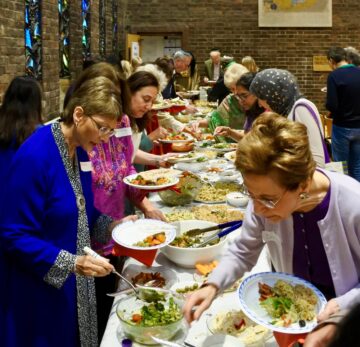In his seminar, Farhang Jahanpour examined the construction and presentation of Islam as a monolithic entity by many contemporary commentators. He argued that Islam has engendered a pluralist discourse, from the beginning of its history – philosophically, politically and theologically – and that contemporary representations of Islam as solely a political force were problematic. He continued his presentation by focusing on the last century of Iranian history and illustrating the pluralism that existed through the reformist writings of intellectuals and scholars such as Abdol-Karim Soroush, Mohsen Kadivar and Ayatollah Mohammad Mojtahed-Shabestari.
Dr Faisal Devji also addressed the subject of intellectual pluralism in the Muslim world by turning the focus to British India. In his presentation, Dr Devji examined India’s colonial past and looked at the thoughts and writings of the poet-philosopher Muhammad Iqbal and his attempts to characterise India through a language, devoid of notions of interest and representation.
The Institute’s current lecture series, “Muslim Pluralism: Historical and Contemporary Encounters with the Internal Others”, explores in an interdisciplinary manner the diverse ways in which Muslims have addressed issues of authority, governance, knowledge, gender, material culture, social relations, space, language, ethics and the sacred.






